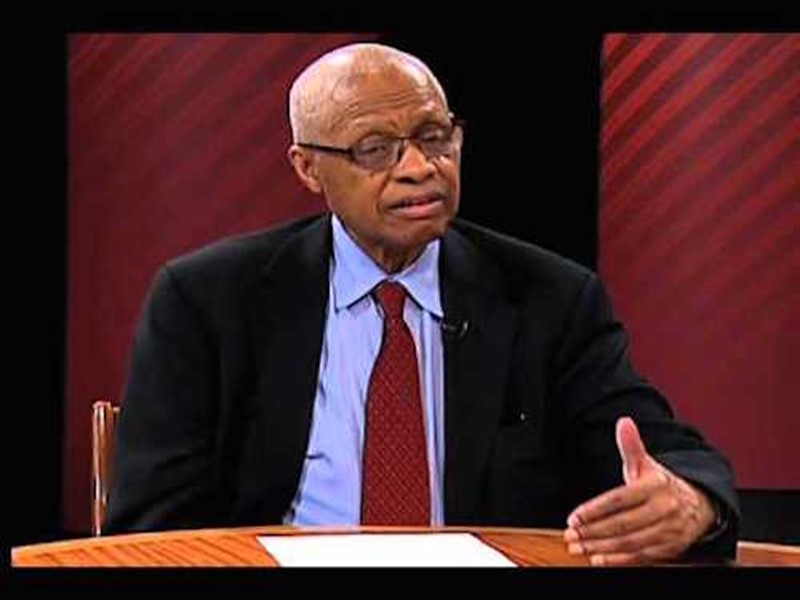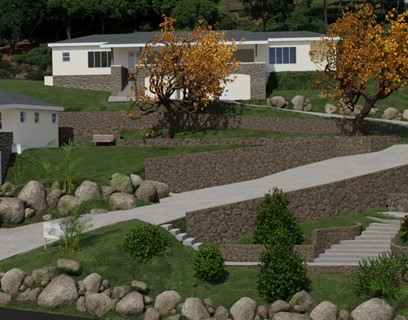
Acclaimed professor and transplant surgeon, Dr. Clive Callender, of Barbadian heritage, will receive the Excellence in Medicine Award at the 24th Annual Caribbean American Heritage Awards (CARAH Awards), which celebrates the achievements of outstanding individuals of Caribbean descent who have made extraordinary contributions to their fields of expertise.
The Institute of Caribbean Studies (ICS) will present these prestigious awards on Friday, November 17, 2017 at the JW Marriott Hotel in Washington D.C. "Dr. Callender has committed his life's work to not only to saving lives and shaping young minds," said Dr. Claire Nelson, Founder and President of ICS, the CARAH Awards, and White House Champion of Change. "He demonstrates that the Caribbean is home to world's most innovative and best talent and we're honored to celebrate him and his great achievements at this year's CARAH Awards."
WHO IS CLIVE CALLENDER...
Currently the Professor of Surgery at Howard University College of Medicine, Dr. Callender was born to Barbadian parents in New York. He completed his surgical training at Freedmen's Hospital in 1969, and received his transplant surgical training at two of the premier transplant training programs in the U.S, the University of Minnesota and the University of Pittsburgh. Since returning to Howard University Hospital in 1973, Dr. Callender helped develop the first minority directed dialysis and transplant center and histocompatibility and immunogenetic laboratory in the United States.
HIS ACCOMPLISHMENTS ...
In 1991, Dr. Callender conceptualized and founded the National Minority Organ/Tissue Transplant Education Program (MOTTEP) using the successful joint Howard University Hospital and Dow Chemical Company efforts that targeted the Black community and applying the methodologies to all ethnic minority populations. National MOTTEP is the first national organization to identify a two-fold solution to the donor shortage - disease prevention and increasing donation rates.
Since its inception, the organization has been awarded $16 million from the Office of Research on Minority Health and the National Institute of Diabetes and Digestive and Kidney Diseases for program expansion. National MOTTEP's methodology has contributed to the national increase in minority donation rates from 15 percent in 1990 to 30 percent in 2008, and growing. It also established a MOTTEP-Export Research Center of Excellence that focused on eliminating minority renal health disparities via Telehealth programs in Hypertension and Diabetes.
From 1995 until 2008, Dr. Callender served as the Chairman of the Department of Surgery and in 1996, he was appointed as the first LaSalle D. Leffall, Jr. Professor of Surgery at the Howard University College of Medicine. He has received Honorary Doctor of Science degrees from Hunter College, Meharry Medical College and Howard University in 2014. As the senior African American transplant surgeon and expert, Dr. Callender's has made numerous media appearances including the Oprah Winfrey Show, CNN, the CBS Evening News and hundreds more. He has spoken at more than 1,000 meetings and forums, authored more than 140 scientific publications and received many honors and awards in recognition of his significant contributions.
THE OTHER HONOREES...
In addition to Dr. Callender, this year, CARAH Honorees include: Dr. Glendon Archer, the Hon. Dr. Henry Lowe, the Hon. Jennifer Carroll, Nneka Norville, the Hon. Karl Racine,and Bevil Wooding.
The 2017 CARAH Awards will be hosted by celebrated journalist and Emmy Award winning former anchor of WJLA TV, the ABC affiliate in Washington D.C.,
Dame Maureen Bunyan, who is also a former CARAH Honoree.
$10 of each ticket sold for this year's CARAH Awards will go to hurricane relief efforts aiding farmers and rural communities devastated islands in the Caribbean.


